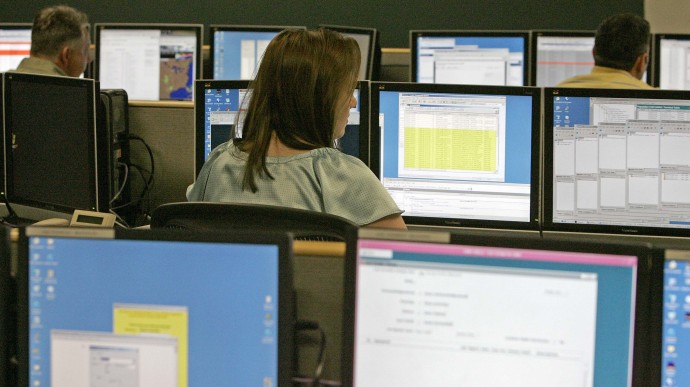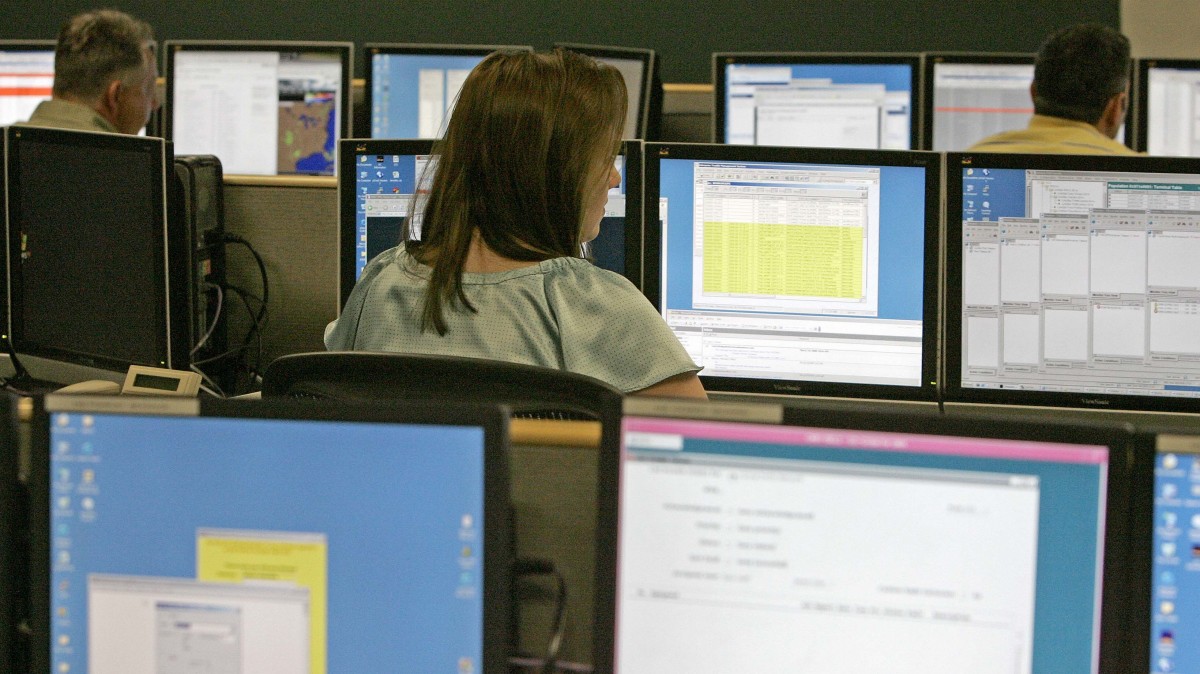
(MintPress) – The TUC union representing 6.2 million workers in Britain has launched a petition this week to prevent the United Nations’ International Telecommunications Union (ITU) from assuming control of the Internet and social media, a proposal that is being labeled as potentially disastrous for citizen Internet freedoms. Other national legislation, including the Stop Online Piracy Act (SOPA) was roundly condemned in the U.S. for potentially limiting Americans’ Internet freedoms.
The petition, titled, “Stop the Net Grab,” has only gathered several hundred signatories since its launch earlier this week. However, the opposition to Internet restrictions is growing ever more powerful as Arab Spring uprisings, Occupy Wall Street and other protest movements increasingly rely upon social media as a means to mobilize popular revolution.
The wild, wild west of cyberspace appears to have become the new battleground as authoritarian dictatorships — Russia, China, Iran and Saudi Arabia among others — have expressed support for vetting Internet control to the U.N., an institution dominated largely by the permanent members of the security council.
Monopolizing the Security Council
The TUC, along with Greenpeace and a bevy of smaller activist organizations oppose placing the Internet under control of the U.N.’s technical body calling the proposal “a major blow to workers and human rights activists in countries with repressive regimes.”
Many activists look to the United States where millions of citizens rejected SOPA last year, a proposed bill with a potentially devastating set of consequences in terms of Internet freedoms. Activists from virtually every political persuasion, including members of the tea party and Occupy movement expressed vociferous opposition to the bill, charging that the government could be empowered to censor unpopular websites.
The image of decreasing citizens’ freedoms stands in stark contrast to the image of the U.N. as a body built on multilateralism and international cooperation.
The United Nations was created after WWII, in an effort to build a cooperative community of nations capable of rebuilding Europe and restoring peace after a devastating war left the continent ravaged. The U.N. Charter enshrines a set of values of the sovereignty of individual nations regardless of size or political influence.
While the premise of the institution is sound, some of the internal structures reflect an imbalance of power that elevates the status of the world’s most influential nations, namely through the establishment of the Permanent Security Council.
The Permanent Security Council which consists of the United States, Russia, France, the United Kingdom and China, has used its exclusive veto power 200 times since the founding of the U.N. in 1945. This reserved power has exacerbated global north-south divides, alienated smaller countries of less geopolitical importance and undermined the democratic decision-making of the U.N. as a supposedly global institution.
Nowhere is this more abundantly clear than in the case of the ongoing Israel-Palestine conflict. Since Israel illegally seized the West Bank during the 1967 war with Jordan, the vast majority of states in the international community have called upon Israel to withdraw settler colonies and reach a comprehensive two-state solution with Palestinians based upon international law.
However, the U.S. has protected its ally in the Middle East by using its veto power 57 times to block resolutions critical of Israel’s settlement expansion and apartheid legal system.
Similarly, Russia and China will likely leverage their positions of privilege to drum up support for a set of Internet regulations that limit citizens’ freedoms. Other authoritarian states — Iran, Saudi Arabia and North Korea, among others — will likely support the measure as a self-survival strategy to monitor and destroy internal political opposition.
Prominent human rights organizations have already observed this type of brutal crackdown on the Internet, a powerful tool for activists and political dissidents to share ideas and build movements capable of challenging dictatorial rule.
Human Rights Watch, a New York-based rights organization, recently published a comprehensive study — Freedom on the Net, 2012: A Global Assessment of Internet and Digital Media — profiling a startling array of repressive government policies aimed at curbing citizen communication on the Internet.
Sanja Kelly, project director for Freedom on the Net at Freedom House, comments on the report findings saying, “The findings clearly show that threats to internet freedom are becoming more diverse. As authoritarian rulers see that blocked websites and high-profile arrests draw local and international condemnation, they are turning to murkier — but no less dangerous — methods for controlling online conversations.”
In the Egyptian revolution, many of the biggest marches and demonstrations were organized through Facebook, Twitter and other social media. The Mubarak regime eventually blocked the Internet and shut down cellphone towers. However, the decision proved to be the tipping point in Mubarak’s rule.
The last ditch attempt to quell the popular uprising drew millions of Egyptians to the streets on Jan. 28, 2011 in what has been called “the Day of Rage.” Principled activists understand that there is a fine line between using the Internet to mobilize people in public demonstrations and relying too much on the Internet as a crutch for weak movements.
“Slactivism,” often labeled as the inept machinations of generation X, will never provide the strength necessary to change government policies. However, even in the United States, members of vibrant social movements, such as Occupy Wall Street, the tea party movement and labor groups, continue to use the Internet and social media as a means to organize and challenge unpopular government policies.
Although the U.S. is considered a country with unparalleled rights to free speech, Washington has taken significant steps in recent years to limit citizens’ free, uncensored access to the Internet.
Round two of SOPA?
Legislation aimed at regulating the Internet in the U.S. stirred outrage last year when the Stop Online Piracy Act (SOPA) was introduced in Congress. The proposed bill was supported by the Motion Picture Association of America and other mainstream media organizations because the bill empowered law enforcement to monitor and eventually shut down websites with pirated material.
Wikipedia, Google and a bevy of activist organizations gathered more than 7 million signatures in opposition to the bill because the ambiguous wording could have lead to censorship in areas containing non-pirated material.
The strong response from citizens from the political left, right and center demonstrates the will of citizens to have unrestricted access to the Internet. Activists’ experiences in Egypt, Tunisia and the U.S. have demonstrated to citizens across the world that free Internet is a civil right that cannot be stifled by governments or international institutions.


